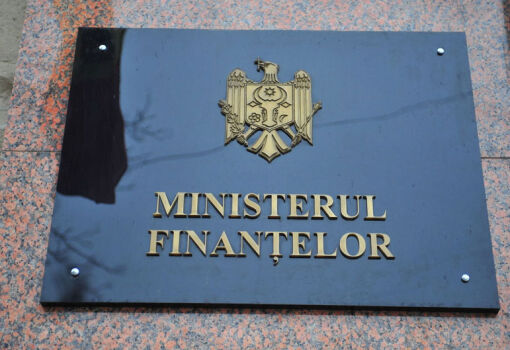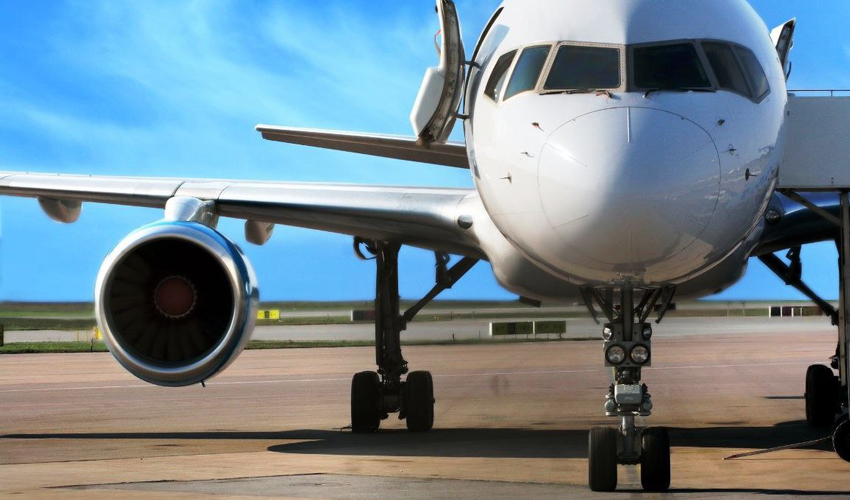
The corresponding draft law was registered on 27 November by the parliamentary faction of the Alternative bloc. Representatives of the bloc told about the initiative at a joint press conference with the capital’s mayor Ion Ceban.
Chisinau was initially designed for 90,000 cars. At present, according to official data, more than 400 thousand cars are registered in the municipality. Taking into account the fact that hundreds more vehicles from all over the country and even abroad enter or pass through the city every day, the total amount of traffic in the capital exceeds half a million every day.
Ion Ceban emphasized that the current legislation is outdated and suffers from significant gaps, which leads to unclear distribution of responsibilities among the institutions managing parking lots.
For example, in Chisinau, local authorities have organized thousands of parking spaces, but there is no legal framework regulating the operation of paid parking lots. It is not clear who should manage the paid systems, how tariffs are set, who collects the money, and which institution is authorized to fine for non-compliance with the rules.
“Currently, city halls have no legal right to intervene except to build parking lots. Without local police, we cannot even evacuate cars parked in violation or abandoned by owners,” the mayor explained.
The submitted draft law proposes to delegate to local administrations the authority to establish rules for parking lots, determine tariffs and mechanisms for collecting fines for non-payment.
The adoption of such a law would unload traffic in the capital and establish uniform rules both on the streets of the city and in the yards of apartment buildings. As well as to more successfully solve the tasks of effective management of urban space; improvement of road traffic; promotion of public and alternative transportation; ensuring a transparent and fair system of payment for the use of public and private parking lots.
Ceban said that the document was elaborated taking into account the experience of Romania, Austria, Italy and Germany and is aimed at harmonizing the Moldovan legislation with the EU practices.













